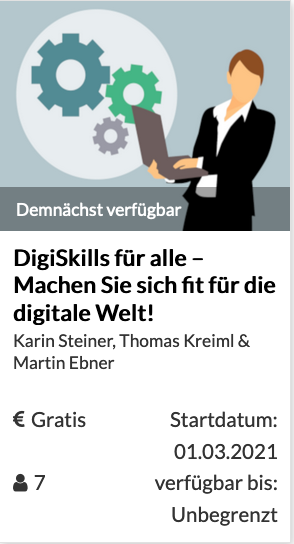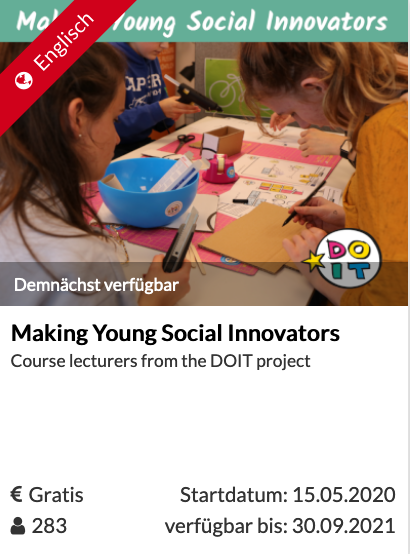Our first research article concerning the situation of COVID-19 titled “COVID-19 Epidemic as E-Learning Boost? Chronological Development and Effects at an Austrian University against the Background of the Concept of “E-Learning Readiness” is published right now.
Abstract:
Website Future Internet
The COVID-19 crisis influenced universities worldwide in early 2020. In Austria, all universities were closed in March 2020 as a preventive measure, and meetings with over 100 people were banned and a curfew was imposed. This development also had a massive impact on teaching, which in Austria takes place largely face-to-face. In this paper we would like to describe the situation of an Austrian university regarding e-learning before and during the first three weeks of the changeover of the teaching system, using the example of Graz University of Technology (TU Graz). The authors provide insights into the internal procedures, processes and decisions of their university and present figures on the changed usage behaviour of their students and teachers. As a theoretical reference, the article uses the e-learning readiness assessment according to Alshaher (2013), which provides a framework for describing the status of the situation regarding e-learning before the crisis. The paper concludes with a description of enablers, barriers and bottlenecks from the perspective of the members of the Educational Technology department.
[full article @ ResearchGate]
[full article @ journal’s homepage]
Reference: Ebner, M.; Schön, S.; Braun, C.; Ebner, M.; Grigoriadis, Y.; Haas, M.; Leitner, P.; Taraghi, B. COVID-19 Epidemic as E-Learning Boost? Chronological Development and Effects at an Austrian University against the Background of the Concept of “E-Learning Readiness”. Future Internet 2020, 12, 94.




 Today another MOOC is starting on the platform
Today another MOOC is starting on the platform